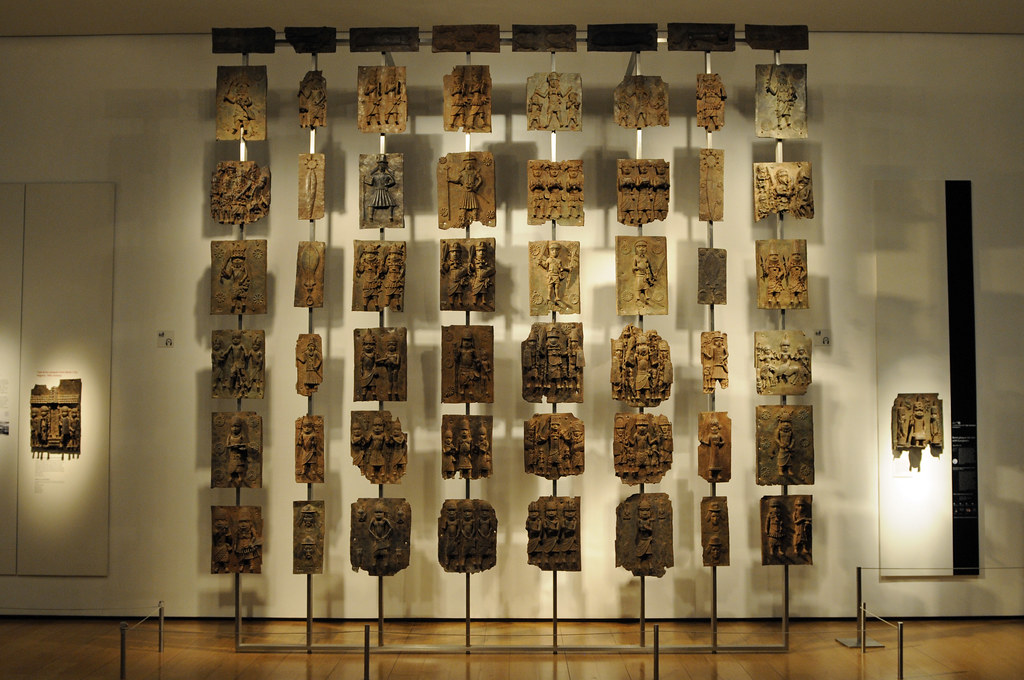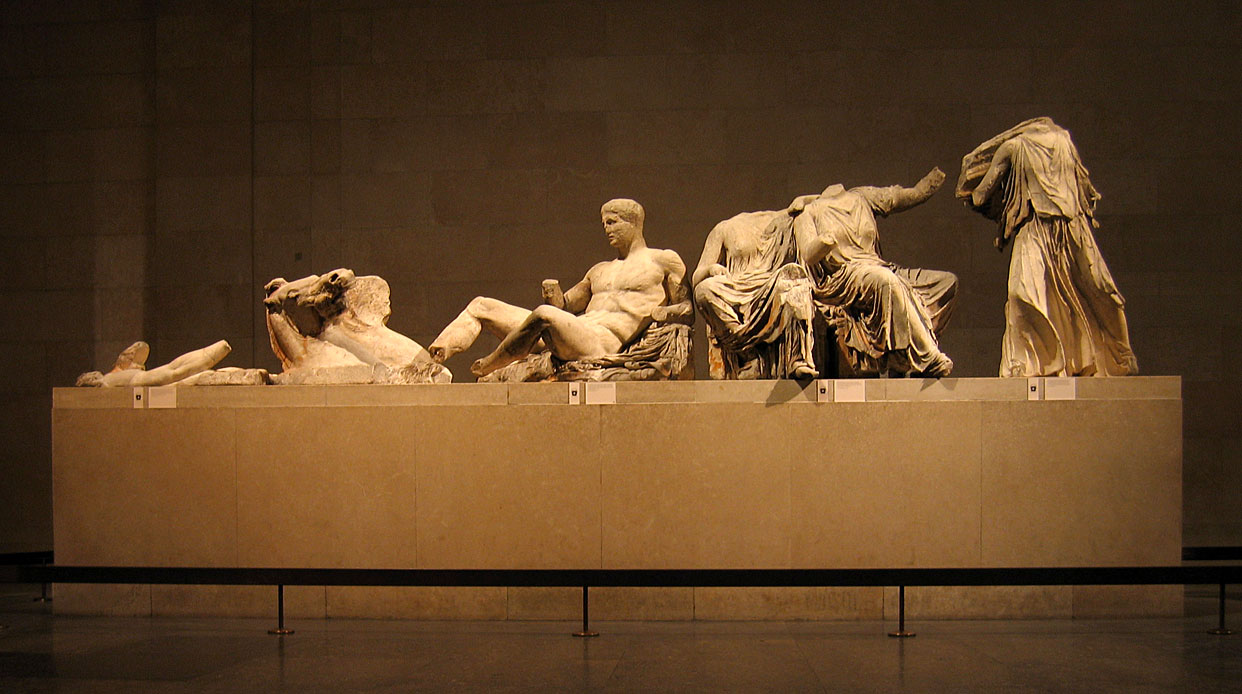In recent years, there has been an increasing global dialogue surrounding the decolonization of museums and the repatriation of cultural artifacts. This critical issue has gained significant attention, shedding light on the historical injustices perpetrated by colonial powers and the need to address the imbalances in the representation and ownership of cultural heritage. In this article, we will delve into the importance of repatriating cultural artifacts, exploring the ethical, cultural, and social implications that arise from the current state of museums.
Unveiling the Colonial Legacy
Museums have long been considered the custodians of cultural heritage, preserving and showcasing artifacts from various civilizations and cultures. However, the origins of many of these artifacts are shrouded in a dark history of colonialism and exploitation. During the era of colonization, numerous cultural treasures were forcibly taken from their countries of origin and transported to the colonizers’ homelands. This act of plundering often stripped communities of their rich cultural heritage and disrupted their sense of identity and connection to their past.
Restoring Cultural Identity
The repatriation of cultural artifacts plays a crucial role in restoring a sense of cultural identity for communities whose heritage has been looted or displaced. These artifacts hold immense significance and carry stories, traditions, and knowledge that are integral to the identity of their rightful owners. By returning these objects, museums can help communities reestablish a connection with their heritage and reclaim their narratives.
Preserving Intangible Heritage
Cultural artifacts are not mere objects; they are vessels of intangible heritage. They embody the customs, rituals, beliefs, and values of a particular community or civilization. Repatriation acknowledges the interconnectedness between these artifacts and the living cultures they originated from. It enables the preservation of intangible heritage, ensuring that future generations can learn from and be inspired by the cultural practices and wisdom of their ancestors.
Rebalancing Power Dynamics
The repatriation of cultural artifacts also addresses the power imbalances that persist in the museum sector. Many Western museums hold extensive collections of non-Western artifacts, often acquired through colonial-era practices. This accumulation of cultural wealth in the hands of a few perpetuates a narrative of dominance and reinforces the notion that certain cultures are superior to others. By returning these artifacts, museums can actively challenge these power dynamics and promote a more inclusive and equitable representation of global heritage.

Benin Bronzes Stolen By British Forces From The Benin kingdom in British Museum.
Fostering Collaboration and Dialogue
Repatriation provides an opportunity for collaboration and dialogue between museums and communities. Instead of being passive repositories, museums can become active partners in the preservation and interpretation of cultural heritage. Through meaningful engagement with source communities, museums can foster mutual understanding, exchange knowledge, and co-curate exhibitions that respect the perspectives and wishes of all stakeholders involved.
Promoting Cultural Diplomacy
Repatriation efforts have the potential to enhance cultural diplomacy between nations. Returning cultural artifacts signifies a commitment to rectifying historical wrongs and fostering goodwill between countries. It encourages dialogue, cooperation, and cultural exchange, fostering stronger international relations built on respect, understanding, and shared heritage.
The Way Forward
The repatriation of cultural artifacts is an urgent matter that demands collective action. It requires museums to critically examine their collections, engage in rigorous provenance research, and establish transparent procedures for the repatriation process. Furthermore, international collaborations, agreements, and ethical guidelines should be developed to facilitate the return of cultural heritage to their rightful owners.
It is essential for museums to embrace their role as catalysts for change and actively work towards decolonization. This includes diversifying museum staff, engaging in community outreach programs, and reimagining exhibition spaces to represent a multiplicity of voices and perspectives. By doing so, museums can create a more inclusive




